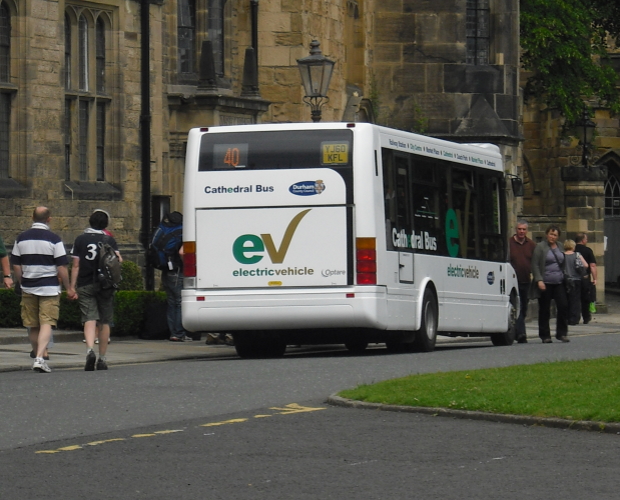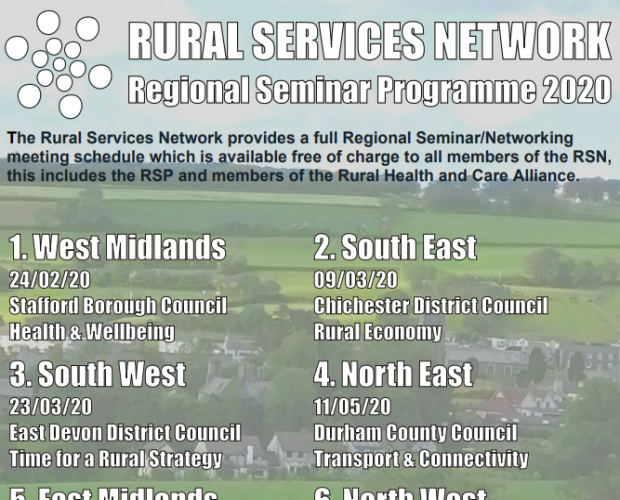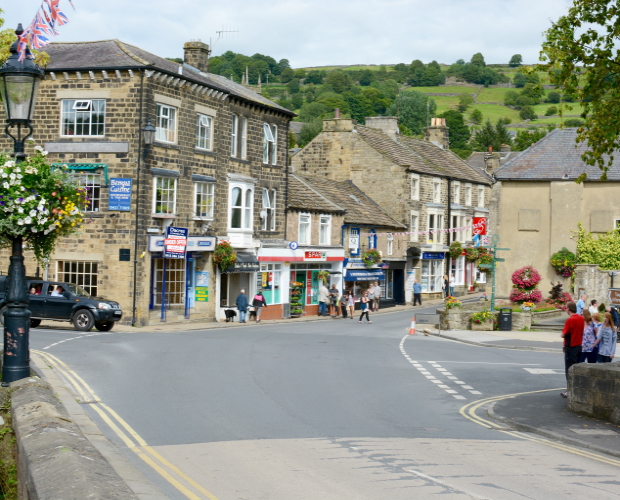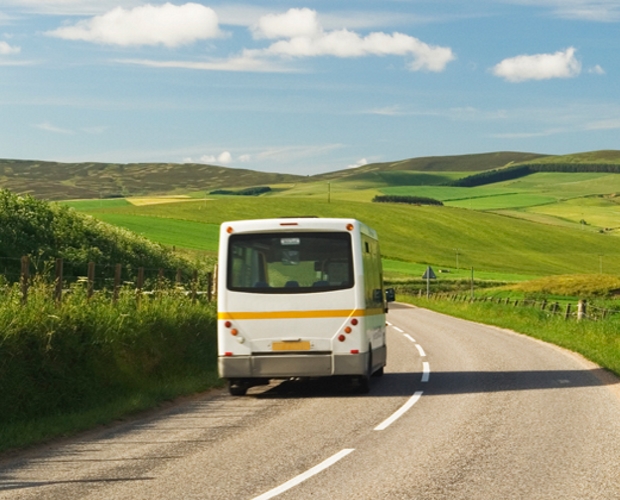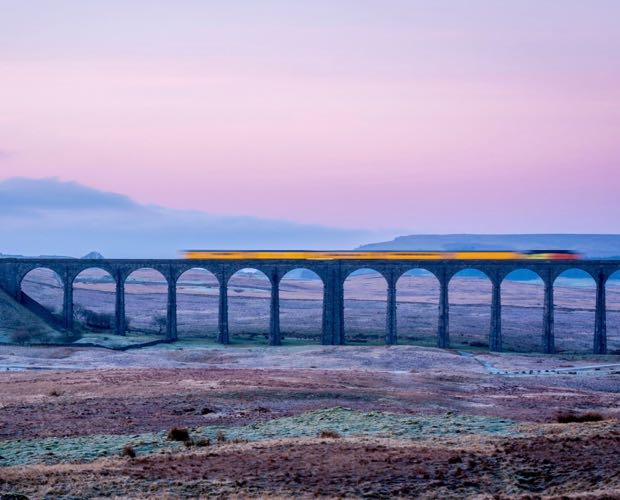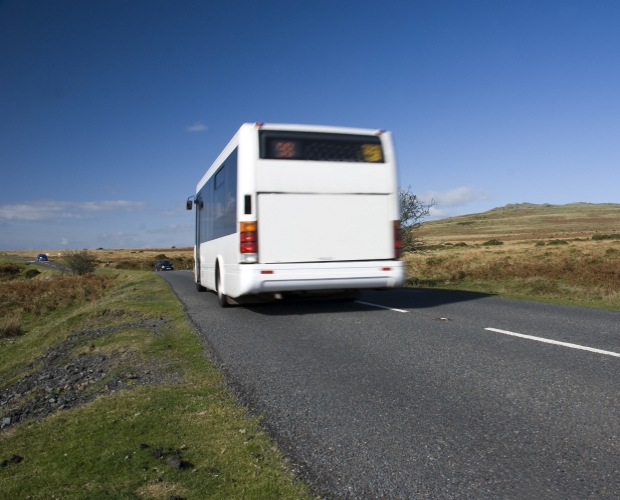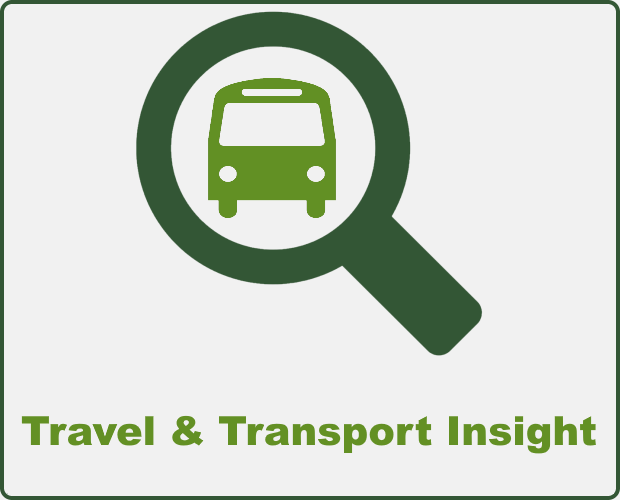T: 01822 851370 E: [email protected]
On 30 September 2019 the Chancellor announced details about £220 million of commitments in 2020-21 to transform bus services in England This included a range of supporting measures, including a National Bus Strategy for England, measures to reduce congestion and...
In January we hosted the regional seminar for the Yorkshire and Humber region, postponed due to the election in December 2019 We hold these events as we recognise that not all of our members can travel to the London meetings...
Towns and rural areas in England must benefit from the next wave of devolution alongside cities, with a majority of all people in England wanting greater local decision-making, according to a poll carried out by Populus for the Royal Society...
The Times reports on how bus companies are abandoning the £150 million Transport for the North integrated travel scheme, intended to allow passengers to use the same contactless bank card for journeys on buses, trains and trams, with a fixed...
Nearly half of Greater Anglia's rural trains failed to arrive on time during the Christmas period, reports the BBC. According to the operator's statistics that nearly 55% of services did not arrive at the station within 59 seconds of schedule...
The Department for Transport is ramping up its National Bus Location Data Plans, so that passengers should soon be able to know where every bus in the country is, reports CBR The £4 million project aims to provide passengers, especially...
This analysis presents data from the Department for Transport, looking at the travel time to a number of key services. It presents the situation for a chosen authority, covering the years 2014 to 2017, and allows for comparison to class...
The Express and Star has revealed the number of bus journey outside of London is the lowest it’s been since records began in 2004/05 Nine million fewer journeys were made in England, Scotland and Wales in 2018/19 compared with the...
The Times this week pushed for free bus travel as it commented on news that Britain’s network of buses is faltering, leaving many people isolated and unable to get to work The publication reports that ’the inconvenience caused has not...
The Department for Transport calculates journey times from neighbourhoods across England to eight types of local service on foot and using public transport Destinations range from job centres to GP surgeries and food shops. Results this year found that some...
NEWSLETTER
Sign up to receive all our latest news and updates.
HOT TOPICS
Amid reduced public spending, fair resource allocation across regions is crucial. Despite a population larger than Greater London, rural areas receive significantly less funding for essential services, even though delivering these services in rural areas is more expensive.
Economic growth is widely acknowledged as essential for national wealth and prosperity and is a priority for political parties. Rural economies, employing millions and home to a higher proportion of small businesses, have potential for growth if barriers are removed.
Rural residents face distinct healthcare challenges, including limited access to transport, longer distances to medical facilities, an aging demographic, housing inadequacies, digital connectivity gaps, and difficulties recruiting health and care workers.
Rural communities are grappling with a severe affordable housing crisis, marked by high house prices, a lack of affordable housing, elevated living costs, and lower incomes, threatening their sustainability and vitality.
Transport is vital for the quality of life and economic health of rural areas, yet it faces challenges such as infrequent public bus services and less Government funding compared to urban regions.
Rural areas, encompassing a substantial portion of England's population and land, play a pivotal role in combating climate change and achieving the net zero target.
In an increasingly digital world, the lack of robust digital infrastructure in rural areas severely limits access to crucial services and stifles economic growth.
A future-focused vision for rural communities involves not just building the right homes in the right places but also ensuring thriving, sustainable communities.
SIGN UP TO OUR NEWSLETTER
Sign up to our newsletter to receive all the latest news and updates.

